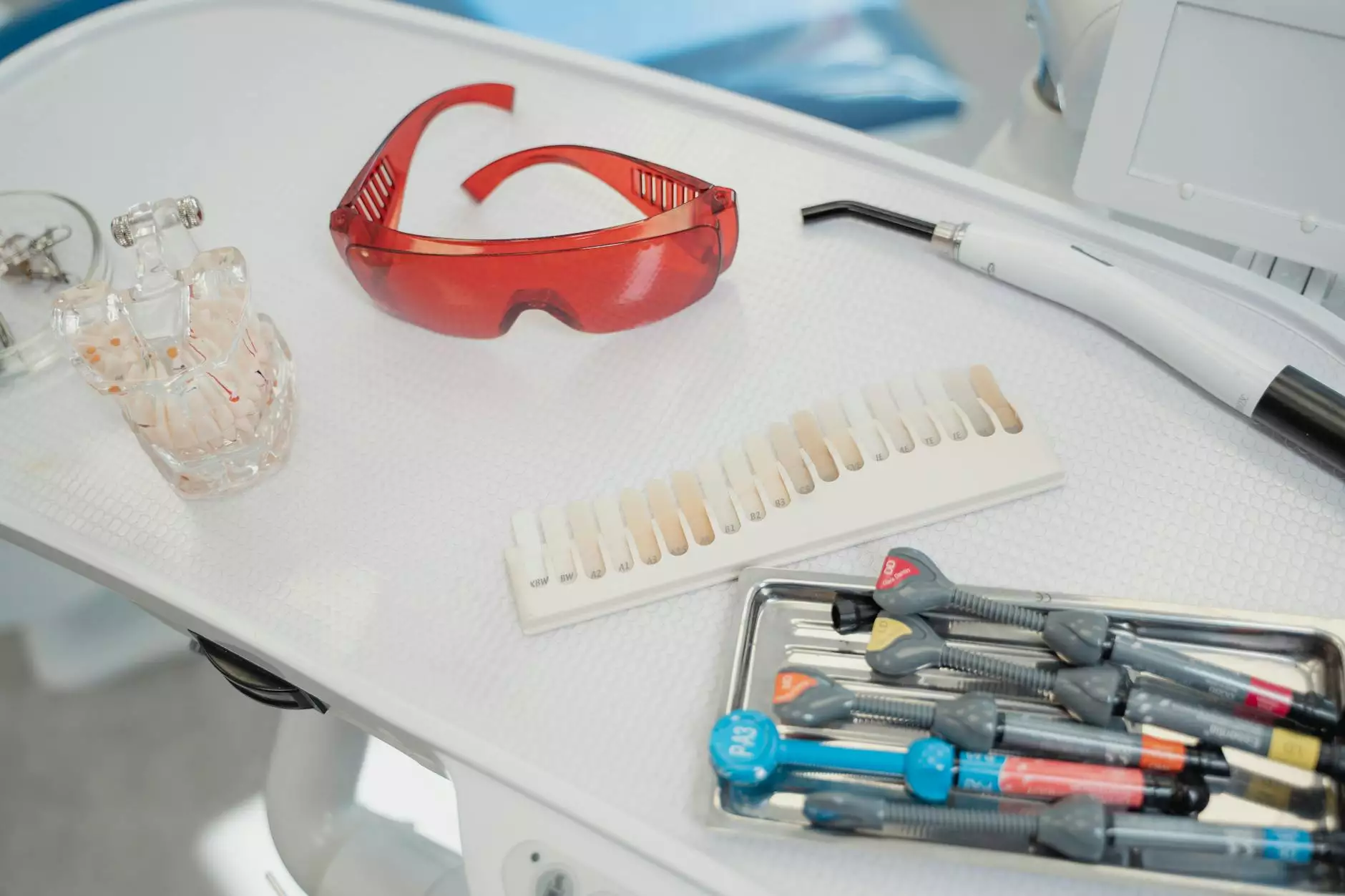Microcephaly

Welcome to the microcephaly page on Foley James D MD's website, dedicated to providing valuable information on various health conditions. Here, you will find comprehensive details about microcephaly, including its causes, symptoms, diagnosis, and treatment.
Understanding Microcephaly
Microcephaly is a rare neurological condition characterized by an abnormally small head and underdeveloped brain. It occurs during fetal development or within the early years of a child's life. Individuals with microcephaly typically have intellectual disabilities and may experience delays in motor and cognitive development.
Causes of Microcephaly
Microcephaly can have various causes, including:
- Genetic factors: Certain genetic mutations and inherited conditions can result in microcephaly.
- Exposure to infections: Infections during pregnancy, such as Zika virus, cytomegalovirus (CMV), or rubella, can increase the risk of microcephaly in the developing fetus.
- Environmental factors: Exposure to certain toxins, drugs, or alcohol during pregnancy can affect fetal brain development, leading to microcephaly.
- Other underlying medical conditions: Microcephaly can sometimes be associated with other medical conditions or syndromes.
Signs and Symptoms
The signs and symptoms of microcephaly can vary depending on the severity of the condition. Common signs include:
- Abnormally small head size
- Delayed or no noticeable growth of the head as the child ages
- Intellectual disabilities
- Developmental delays, such as delayed speech and motor skills
- Seizures
- Facial abnormalities
- Balance and coordination issues
- Vision and hearing problems
Diagnosis and Evaluation
To diagnose microcephaly, a healthcare professional will evaluate the head circumference and compare it to standard growth charts. Additional tests may include:
- Neurological examinations
- Brain imaging scans, like ultrasound, CT scan, or MRI, to assess brain structure and development
- Genetic testing to identify any associated genetic conditions
Treatment and Management
While there is no specific cure for microcephaly, treatment focuses on managing the associated symptoms and maximizing the individual's potential. Treatment options may include:
- Early intervention programs: These programs aim to provide developmental support and therapies, such as physical, occupational, and speech therapy, to improve overall functioning.
- Medications: Certain medications can help manage specific symptoms, such as seizures or hyperactivity.
- Supportive care: Providing a supportive environment with appropriate educational resources, assistive devices, and adaptive technologies can enhance the individual's quality of life.
- Regular follow-up: Regular check-ups and consultations with healthcare professionals help monitor the individual's progress, address concerns, and make necessary adjustments to the treatment plan.
Conclusion
Microcephaly is a complex condition that requires early identification, intervention, and ongoing management. Foley James D MD is dedicated to providing comprehensive information about microcephaly to ensure individuals, families, and healthcare professionals have access to important resources. It is crucial to consult with a medical professional for accurate diagnosis and personalized treatment plans.
Disclaimer: The content provided on this page is for informational purposes only and should not be considered as a substitute for professional medical advice or treatment. Always consult with a qualified healthcare provider regarding any medical concerns.









